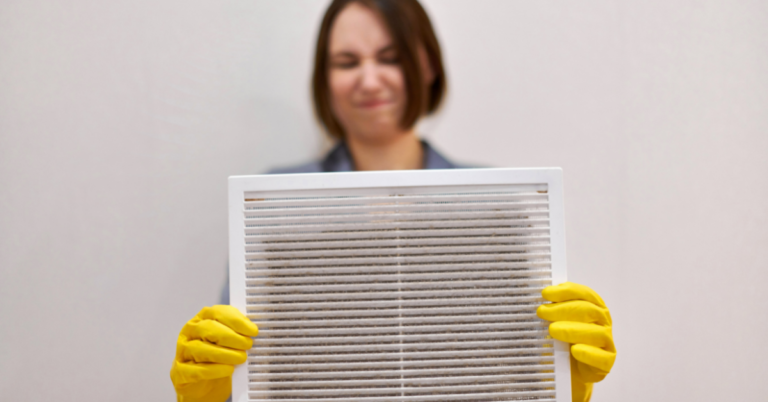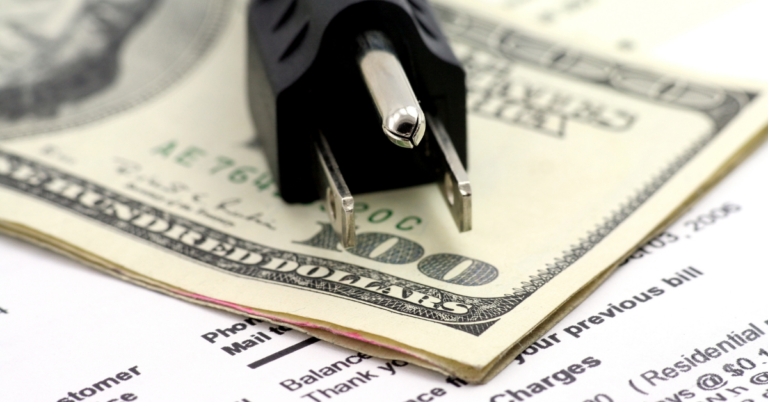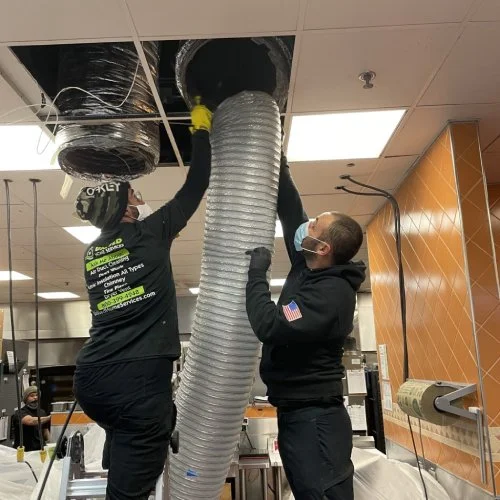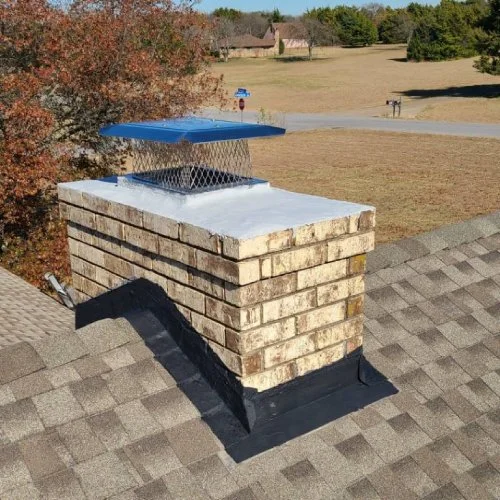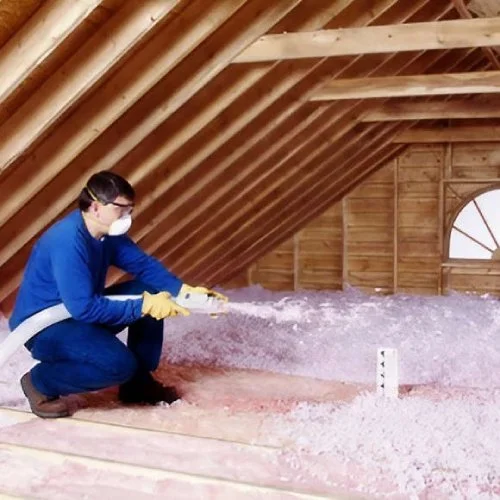The COVID-19 virus – which has caused serious health challenges and unprecedented economic devastation across the globe – is proving to be more stubborn and persistent than most of us imagined. In fact, with the new risks posed by the Delta variant, some experts believe that we might be headed for another wave.
What it means is that you cannot afford to let your guard down any time soon. And, you need to take all possible safety precautions. One such precaution you need to take is improving your indoor air quality. You can hire a professional home services provider that can suggest and execute simple steps. These tips will significantly improve your indoor air quality.
Indoor Air Quality and COVID-19 – What You Need to Know
Experts say that the risk of coming into contact with airborne contaminants is fairly high in enclosed spaces. The lower the air quality, the higher the risks of viral transmission. The best way to reduce this risk is to install a high-quality HVAC system. In particular, it can filter out airborne contaminants and increase indoor air quality.
Similarly, in poorly ventilated spaces, the air you breathe out tends to get re-circulated again and again. As a result, this increases the risk of viral transmission. While natural ventilation (keeping your windows and doors open whenever possible) can prevent this problem to a certain extent, only a proper ventilation system can prevent the recirculation of air, increase the rate of air change, and reduce the risk of viral transmission.
Three Steps You Can Take to Increase Indoor Air Quality
1. Inspect your HVAC system by a NADCA (National Air Duct Cleaners Association) approved technician. If your air duct is clogged up with dirt and debris, it can push through dirt, mold, pathogens, and other contaminants, which can reduce indoor air quality. So, make sure you find someone to clean your air duct regularly.
2. Get your air conditioning unit maintained by a qualified AC technician. If your AC filter is dirty, it can result in the buildup of allergens, contaminants, and harmful pathogens, which can get released into the air you breathe in. If you are suffering from asthma, allergies, or pulmonary disorders, breathing in dirty air can worsen your symptoms and severely affect your health in the long term. So, make sure to clean and inspect your AC filter on a regular basis.
3. Get your home insulation system inspected by a qualified technician. If your insulation system is not working properly due to water damage or mold growth, it can not only increase your energy bills but also affect indoor air quality. So, it is important to fix the issues or replace your insulation system if necessary.
Worried about Indoor Air Quality? We Can Help You!
At United Home Services, we believe that a healthy home is a happy home. It is why we are committed to providing the highest quality home services including HVAC installation, inspection, repair, and replacement services at affordable prices.
Our technicians are highly qualified and trained to handle all your home service needs. All our technicians follow CDC-recommended safety precautions to reduce the risk of COVID-19 or Wuhan virus transmission.
To find out how you can improve the air quality in your home, call us today at 844-415-1543 or contact us online and schedule a free inspection by one of our HVAC technicians.

